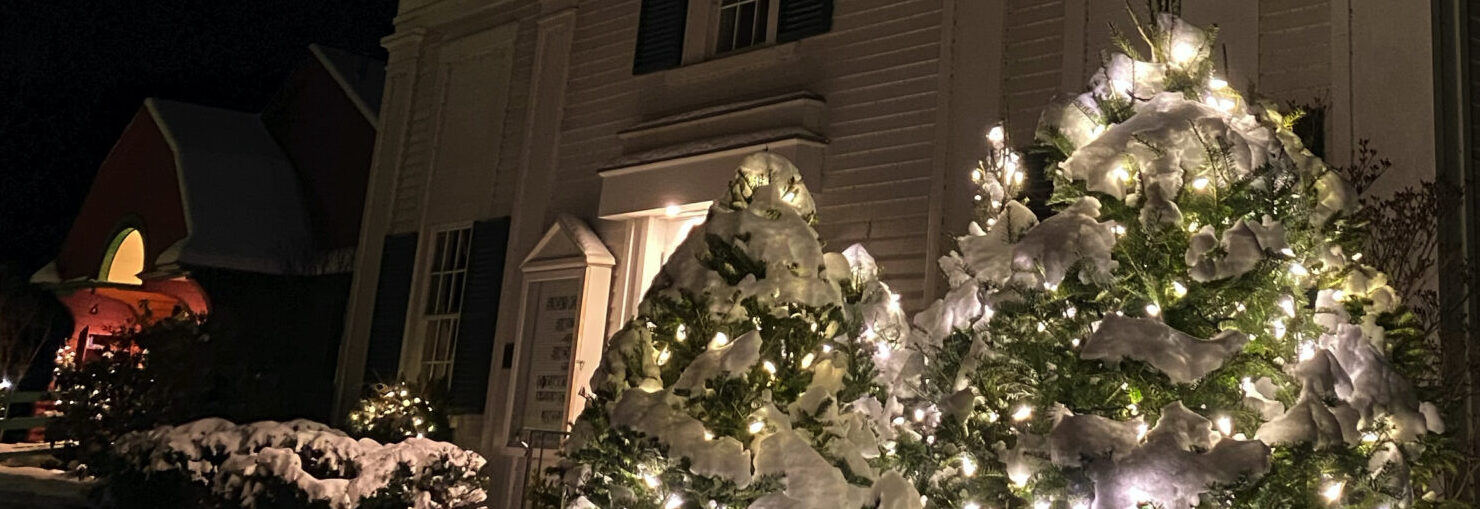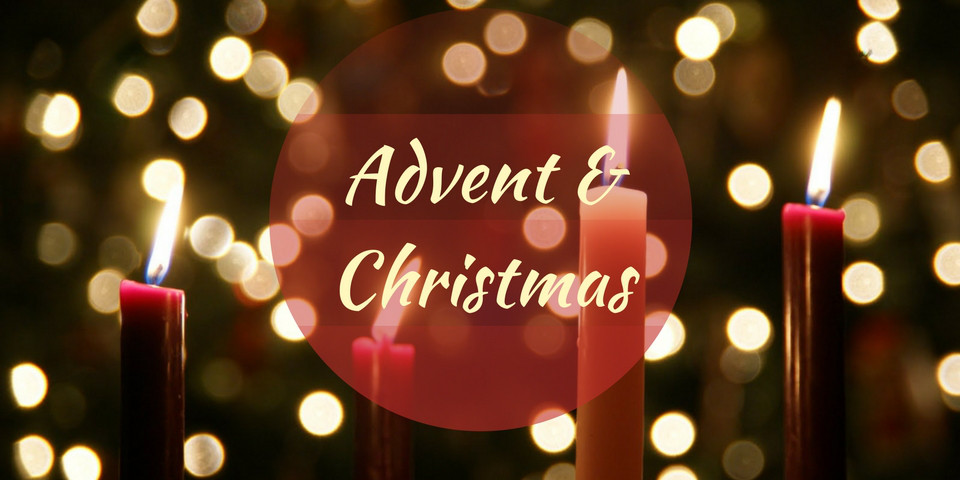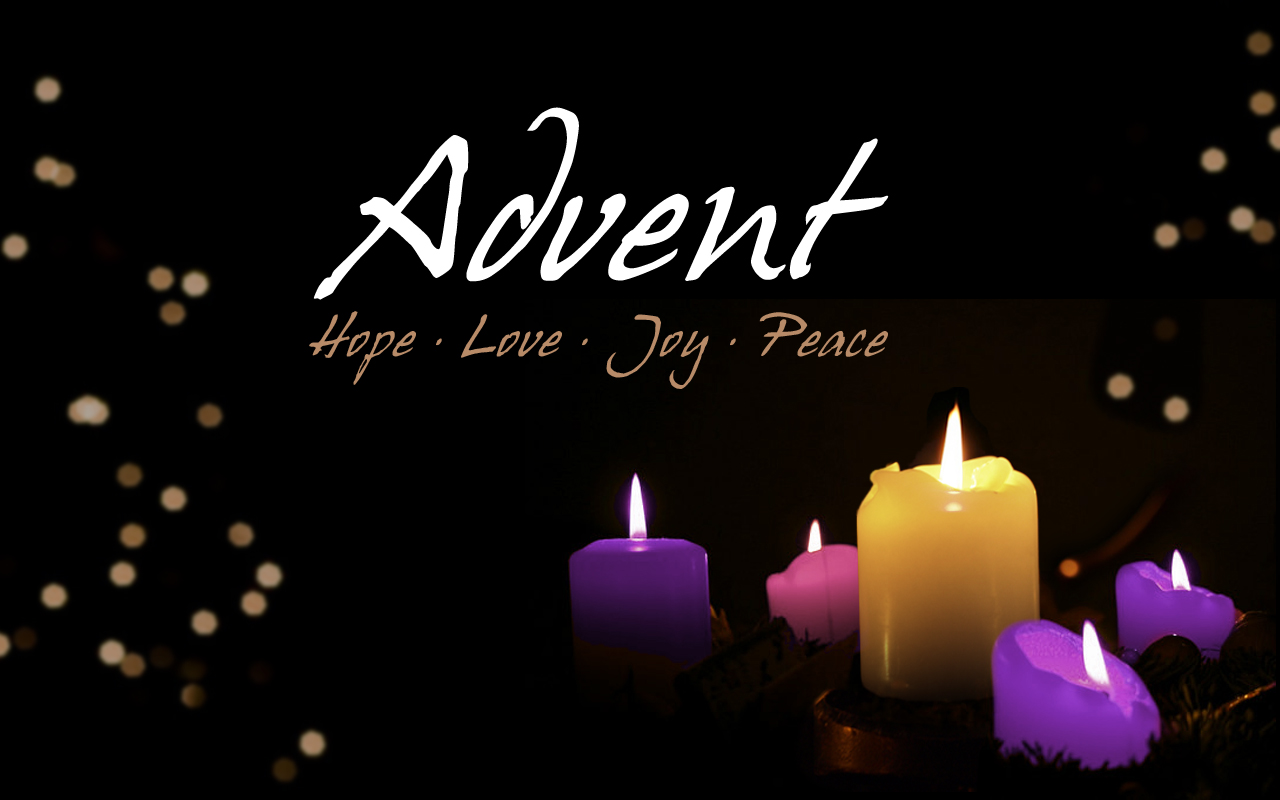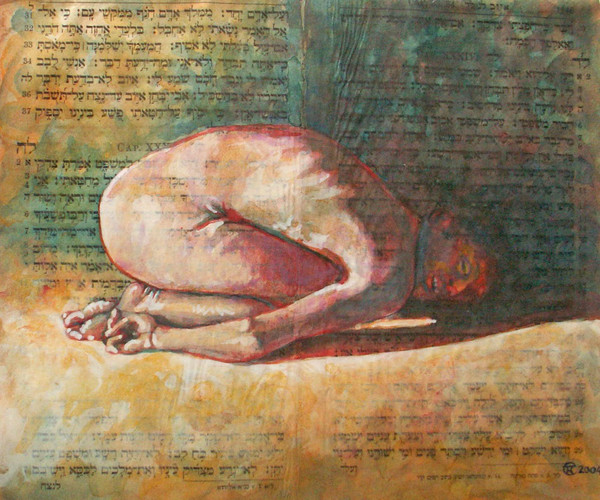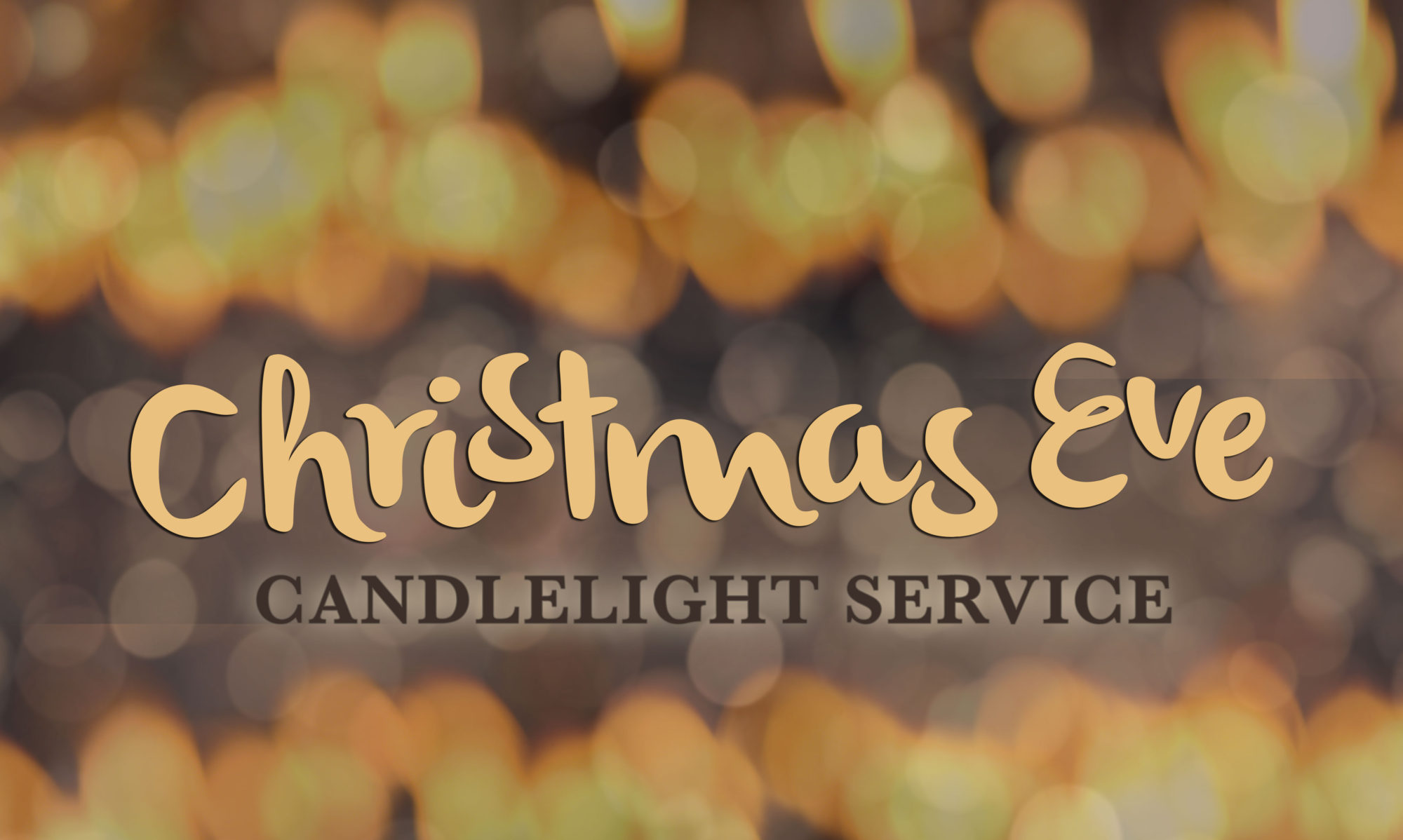HOPE Daily Devotional: Dec 1
HOPE Daily Devotional (Advent) Cultivate hope each day this week. Dec 1: Expectation of Hope Scripture: Isaiah 9:2 – The people who walked in darkness have seen a great light; those who lived in a land of deep darkness— on them light has shined. Meditation: As we prepare for the annual Christian celebration of the […]
